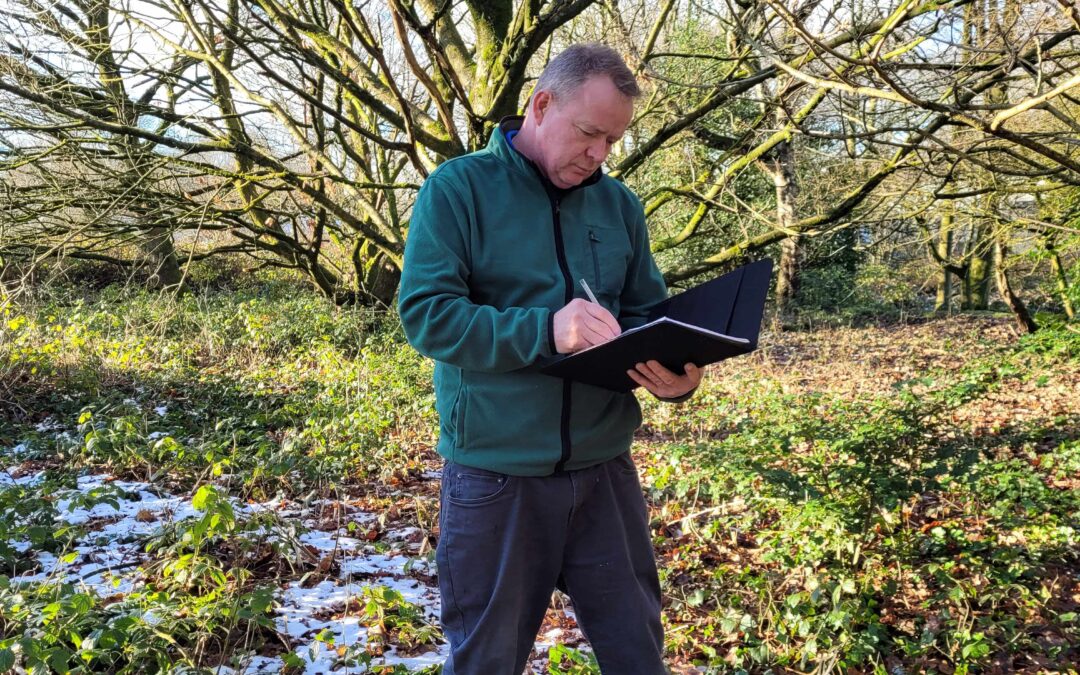Discover Is it a criminal Offence to plant Japanese knotweed? The legal consequences of planting or allowing the growth of Japanese knotweed.
In the UK, planting or causing the growing of non-native invasive plants in the wild is illegal under the Wildlife and Countryside Act 1981. Failure to comply with regulations can result in fines and imprisonment. Stay compliant and protect the environment by seeking professional help to manage and control the growth of Japanese knotweed on your property.
Is it a criminal Offence to plant Japanese knotweed? In many countries. It is illegal to grow or allow the growth of Japanese knotweed in the wild. It’s considered as an invasive species, which means that it can outcompete native plants and cause damage to natural ecosystems.
In the United Kingdom for example, The Wildlife and Countryside Act 1981 made it illegal to plant or cause to grow any invasive non-native plants in the wild. It is an offence under this act to plant or otherwise cause to grow any invasive non-native plants in the wild.
It’s essential to comply with any regulations regarding Japanese knotweed. Failure to do so can result in legal action or fines. If you’re unsure of the rules in your area, it’s best to consult with local authorities or experts.
Under the Wildlife and Countryside Act 1981. It is illegal to release or cause to grow in the wild any plant species that are not native to Great Britain. This includes Japanese knotweed. This is because such plants can cause ecological harm. displace native species, and cause damage to infrastructure, buildings and neighbouring properties.
Penalties for breaking this law can include fines and imprisonment. The maximum penalty for intentionally or recklessly releasing a non-native species into the wild can be up to 2 years imprisonment and an unlimited fine.
It is essential to take the necessary steps to manage and control the growth of Japanese knotweed, partially on one’s property. You need to seek professional help to prevent its spread into the wild. Please note that planting Japanese knotweed is a criminal offence.
If you get caught planting Japanese knotweed in the British countryside.
You may face consequences under various laws and regulations. Japanese knotweed is considered an invasive species in the UK. It is subject to control under the Environmental Protection Act 1990 and the Anti-Social Behaviour and Crime and Policing Act 2014.
Consequences to you for planting Japanese knotweed may include:
- Fines: You may be fined for knowingly spreading an invasive species that can harm the environment and wildlife.
- Removal orders: The local authorities may order you to remove the Japanese knotweed from the site and take steps to prevent its spread.
- Prosecution: You may face criminal prosecution in severe cases, resulting in a prison sentence or a hefty fine.
- Reputational damage: Your actions may also damage your reputation and could hurt your business or personal life.
It’s important to be aware of the laws and regulations surrounding Japanese knotweed and the potential consequences of spreading this invasive species. If you have concerns or need advice, it’s best to consult with a solicitor or a specialist in invasive species management.
